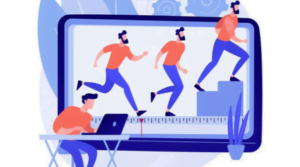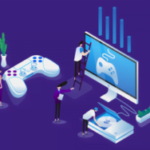Have you ever wondered how these Hand-drawn animation Explainers are created? How can you create some cool stunning Whiteboard Animations to grab the attention of your Audience? Whether you’re a Business owner or an Entrepreneur who wants to give a touch to your projects so that their audience can get some extra value.
Whiteboard Animation stands at the intersection of art and communication, offering a dynamic and engaging way to convey information. In a world saturated with content, the ability to captivate an audience’s attention is a valuable skill. Whether you’re a content creator looking to breathe life into your ideas, a marketer aiming to enhance brand messaging, or an educator seeking innovative teaching methods, mastering whiteboard animation techniques can open new doors in effective communication.
This thorough aide is intended to be your guide on the excursion to turning into a capable whiteboard animation. We’ll investigate the key standards, verifiable advancement, and the different uses of whiteboard animation. From the conventional appeal of hand-drawn strategies to the state-of-the-art computerized methods of today, we’ll unwind the layers of this dazzling narrating medium. Thus, we should leave this imaginative undertaking and uncover the complexities that make whiteboard animation a convincing device for visual communication.
1.1 WHAT IS WHITEBOARD ANIMATION?
Explainer Video Animation is a one-of-a-kind and convincing narrating procedure that spins around making a visual story through drawing on a whiteboard or its computerized equivalent. This groundbreaking strategy takes static pictures and revives them, changing them into a powerful succession that unfurls progressively. To become amazing at whiteboard animation, it’s urgent to dig into its quintessence, comprehend its foundations in customary hand-drawn techniques, and follow its advancement into the computerized scene.
ROOTS IN TRADITIONAL HAND-DRAWN METHODS
The origins of whiteboard animation can be traced back to the traditional art of hand-drawn animations. In the early days, artists would painstakingly sketch each frame on a physical whiteboard, creating a sequence that, when played back, conveyed a fluid and continuous story. This section will explore the craftsmanship and dedication required in the manual creation of whiteboard animations, highlighting the charm and authenticity of this traditional approach.
EVOLUTION INTO THE DIGITAL REALM
With progressions in innovation, whiteboard animation rose above the bounds of actual sheets and markers, entering the advanced space. Computerized whiteboard animation devices and programming presently permit animators to rejuvenate their manifestations on a virtual material. We will investigate the benefits and conceivable outcomes that digitalization offers of real value, like upgraded altering capacities, a more extensive scope of special visualizations, and the comfort of a non-straight work process.

OBSCURING THE LINES: CROSS-BREED APPROACHES
In the contemporary scene, we witness a combination of conventional and computerized strategies, leading to a mixture of approaches to whiteboard animations. Craftsmen flawlessly join hand-drawn components with advanced improvements, bringing about outwardly rich and charming activities. This segment will reveal insight into how these cross-breed strategies balance the realness of customary techniques and the adaptability of computerized devices.
In dominating whiteboard animation, understanding its verifiable development from manual craftsmanship to computerized advancement gives a strong groundwork. As we progress through this aid, we’ll expand upon this information, outfitting you with the abilities and bits of knowledge expected to explore both the conventional and computerized domains of whiteboard activity. Thus, how about we proceed with our investigation, disentangling the layers of this dynamic narrating medium?
1.2 WHY CHOOSE WHITEBOARD ANIMATION?
In the vast landscape of visual communication, whiteboard animation emerges as a powerful and versatile tool, offering a myriad of advantages that make it an excellent choice for content creators, marketers, and educators alike. Let’s delve into the compelling reasons why opting for whiteboard animation can elevate your communication strategies.
One of the primary reasons to choose whiteboard animation is its inherent ability to captivate and engage audiences effectively. The combination of dynamic visuals, real-time drawing, and a narrative unfolding before the viewers’ eyes creates a unique and immersive experience. This engagement not only holds the audience’s attention but also enhances the retention of information. The visual appeal of whiteboard animation makes it particularly effective in breaking through the digital noise and capturing the viewer’s focus.
SIMPLIFIED MESSAGE DELIVERY
In a world bombarded with information, simplicity is key. Whiteboard animation excels in distilling complex ideas into clear and straightforward messages. The visual storytelling aspect allows for the gradual unfolding of concepts, making it easier for the audience to follow along. The use of 2D animations, coupled with concise narration, ensures that the message is not only delivered but also comprehended. This simplicity in message delivery is especially beneficial when communicating intricate or technical information, making it accessible to a broader audience.
VERSATILITY ACROSS VARIOUS INDUSTRIES
Whiteboard animation transcends industry boundaries, making it a versatile choice for diverse sectors. Whether you’re in education, marketing, healthcare, or corporate training, whiteboard animation adapts seamlessly to different contexts. Its universal appeal lies in the fact that it can effectively convey any message, from explaining complex concepts in educational settings to promoting products or services in marketing campaigns. This adaptability makes whiteboard animation a valuable asset for professionals across various fields, allowing them to harness its storytelling prowess for different purposes.
Don’t forget to check our next Blog i.e. Part 2- Exploring the Tools and Gadgets to Master Whiteboard Animation to go further ahead.

FREQUENTLY ASKED QUESTIONS
The essential tools for creating whiteboard animations include a whiteboard or digital drawing tablet, markers or stylus, a camera or screen capture software, and animation software. Additionally, having a well-lit space and a tripod for stability can enhance the quality of your recordings.
While artistic skills can certainly enhance the quality of your animations, you don’t need to be a professional artist. Many digital tools offer features like pre-drawn images, and with practice, anyone can develop the skills to create engaging whiteboard animations.
To make your whiteboard animations more engaging, focus on creating a compelling narrative, use dynamic visuals, and incorporate a conversational tone in your narration. Adding humor, and storytelling techniques, and keeping animations concise can also enhance engagement.
Yes, copyright is a crucial consideration. Ensure that you have the right to use any images, music, or other content in your animations. Use royalty-free or licensed materials to avoid legal issues, and always give proper attribution when necessary.
Absolutely! Whiteboard animations are highly effective in educational settings. They simplify complex concepts, engage students visually, and enhance information retention. Teachers and educators can use whiteboard animations to make learning more enjoyable and accessible.










